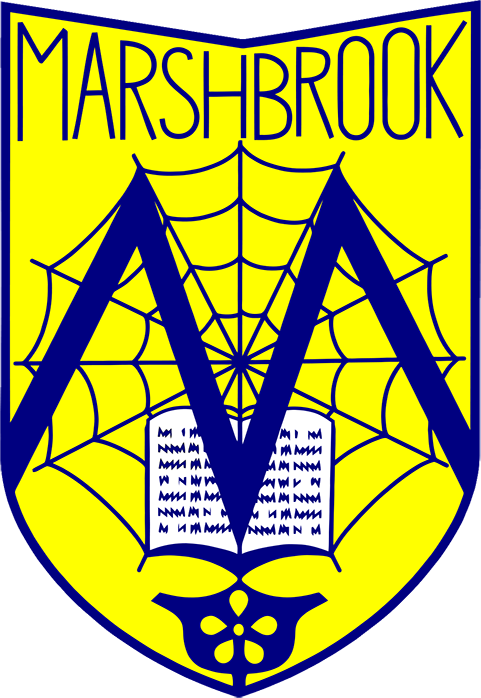Mathematics

Vision: Pupils are inspired to explore their maths understanding. They are confident to make mistakes, make links, and make maths count.
Intent: At Marshbrook we are developing a mastery approach to the teaching and learning of mathematics, based on the research and recommendations of the National Centre for Excellence in the Teaching of Maths (NCETM).
The expectation is that pupils will move through the National Curriculum programmes of study at broadly the same pace. Pupils who grasp concepts rapidly are provided with further opportunities that challenge their learning and deepen their understanding. Those who are not sufficiently fluent are given opportunities to consolidate their understanding, before moving on.
Teaching for mastery is underpinned by the NCETM’s ‘Five Big Ideas’. Opportunities for Mathematical Thinking allow children to make chains of reasoning connected with the other areas of their mathematics. A focus on representation and structure ensures concepts are explored using concrete, pictorial and abstract representations, the children actively look for patterns as well as specialise and generalise whilst problem solving. Coherence is achieved through the planning of small, connected steps to link every question and lesson within a topic. Teachers are working on using both procedural and conceptual variation within their lessons and there remains an emphasis on fluency with a relentless focus on number and times table facts.
The 5 Big Ideas

Maths is taught daily through stand-alone lessons. Where appropriate, skills are practised and applied in other subjects.
Long Term Plans, based predominantly on the White Rose Mathematics Curriculum Maps, exemplify the breadth of coverage across each year group.
Medium term plans, following the White Rose Blocks, progressively cover the programmes of study as set out in the Maths National Curriculum for each year group.
Short term plans are reviewed daily and developed as needed, taking into consideration the needs of our children. They are based on the varied approach as outlined by White Rose Mathematics.
As the school’s calculation policy provides supports the progression and teaching of calculations.
Individual pupil skills grids set out clear expectations for the end of each year group, which are visible to the pupils and support the teachers in identifying areas for development and next steps.
